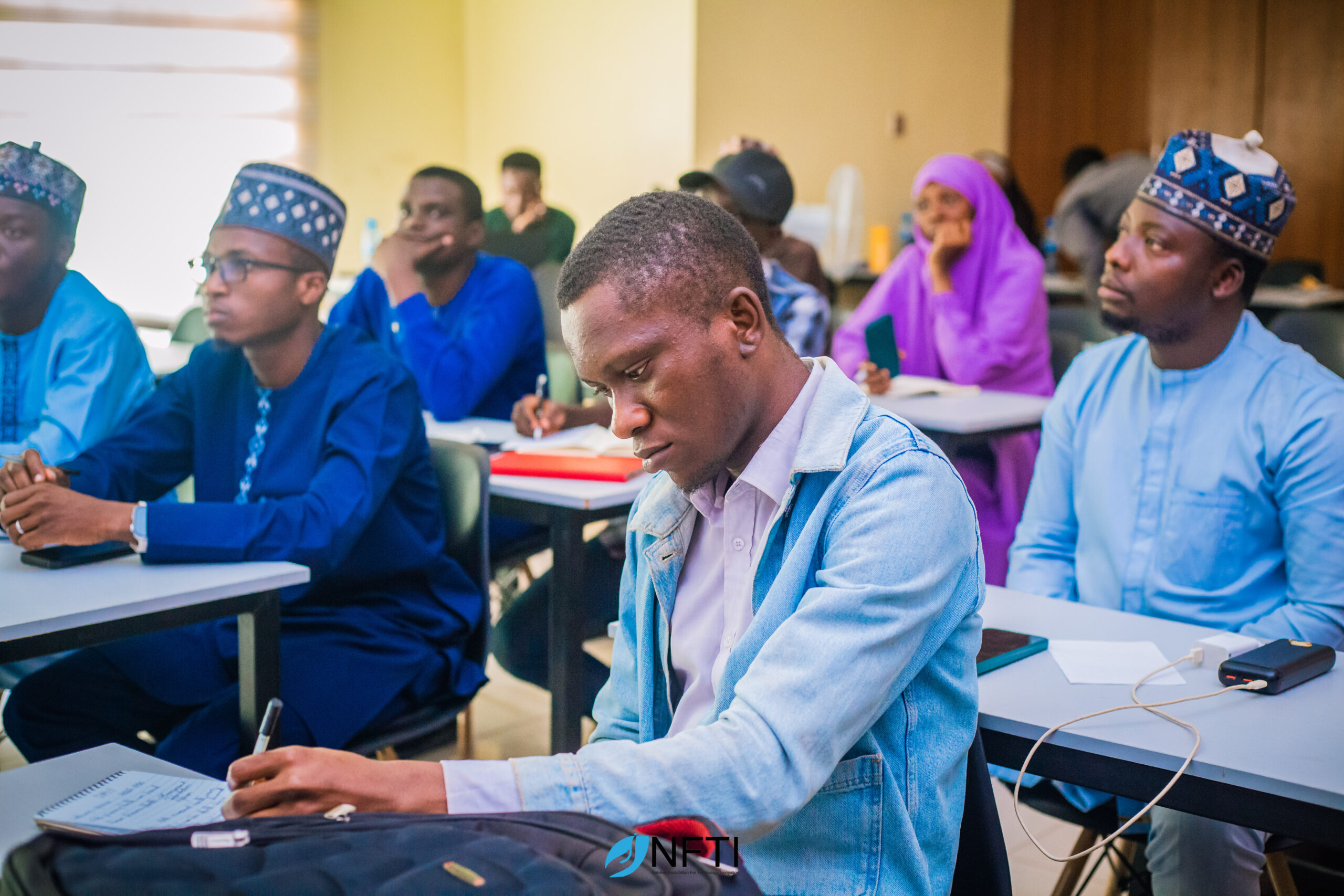To enhance workforce accountability and healthcare service delivery, the Kaduna State Primary Healthcare Board (SPHCB) is partnering with the Natview Foundation for Technology Innovation (NFTI) to conduct a facility assessment training as part of the expanded Human Resources for Health Management Information System (HRHMIS) project. This initiative introduces the HRH Biometric System, a cutting-edge component designed to streamline workforce management and improve service delivery across the state’s healthcare sector.
Since the HRHMIS project was launched in 2023, the project is revolutionizing human resource management by creating an integrated, digitized record system and mapping business processes using HRH business rules. This system will provide real-time summaries of workforce distribution and generate critical reporting metrics, enabling data-driven insights for effective health workforce management. By addressing inefficiencies in manual, paper-based processes, the project aims to enhance decision-making, optimize resource allocation, and improve overall healthcare outcomes.
Managing human resources at the Primary Health Care (PHC) level has long been plagued by challenges such as labor-intensive manual processes, limited access to real-time data, and inadequate reporting capabilities. These issues have hindered the ability to monitor key metrics like workforce productivity, attrition rates, and skill gaps. The HRHMIS, powered by the HRH Biometric System, offers a robust solution by digitizing data, enabling real-time analysis, and facilitating prompt resolution of HR issues.
NFTI is playing a pivotal role in optimizing workflows by identifying bottlenecks and simplifying complex processes into streamlined business rules. The HRHMIS focuses on workforce optimization, leveraging real-time data to boost the efficiency, productivity, and performance of healthcare workers, moving away from outdated quarterly updates.
As part of the pilot phase, 23 Centers of Excellence—one facility per local government—have been selected for the implementation of the HRH Biometric System. To ensure the success of this initiative, NFTI recruited and trained Local Technical Assistants (LTAs) who will manage, enroll, and maintain biometric data across the designated facilities. The facility assessment training focused on five critical domains: electricity, connectivity, infrastructure, biometric placement, and data management, ensuring the readiness of each facility for the new system.
NFTI also developed a facility assessment tool to guide LTAs in administering the system seamlessly. Each LTA has been assigned to a facility within their local government of residence, ensuring localized expertise and support for the project’s rollout.
This initiative marks a transformative step in strengthening HRH data systems in Kaduna State as we are supporting the government to leverage real-time data and advanced biometric technology. This solution will better equip the state government to make informed decisions about workforce distribution and healthcare service delivery, ultimately improving the quality of care for its citizens.
Written By: Simnom Emmanuel

